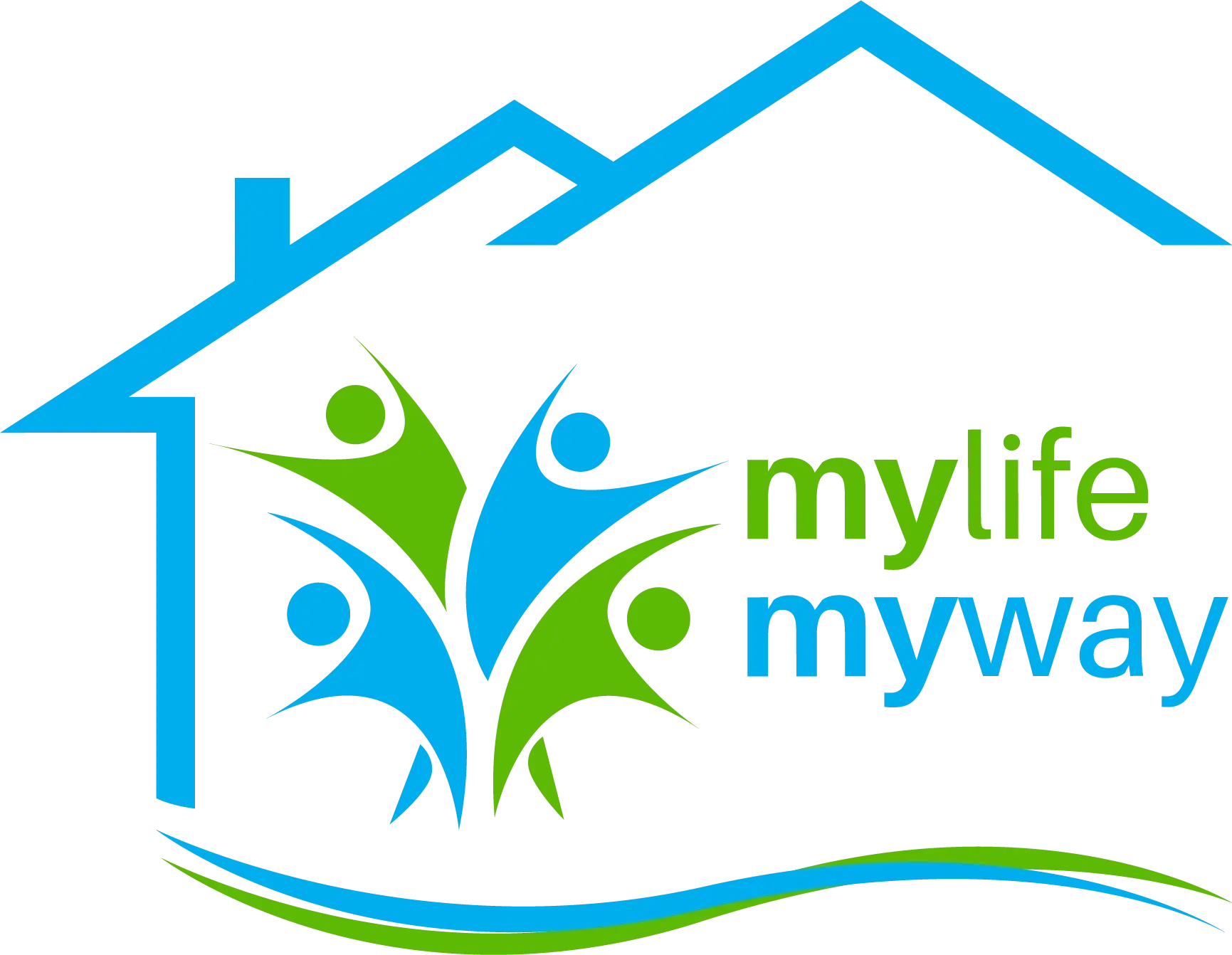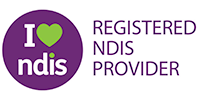You’ve heard about the NDIS Short Term Accommodation Guidelines but don’t really know what they’re all about. We get it – these policies and rules can be confusing to navigate.
But knowing the guidelines well is key if you or a loved one relies on short-term accommodations by the NDIS.
In this post, we’ll walk through the basics of short term accommodation NDIS in an easy-to-understand way. You’ll learn the purpose of the guidelines, what kinds of accommodations they apply to, how rates are set, and more.
We’ll also give you pro tips for making the guidelines work best for your situation.
Let’s get started!
What Is Short Term Accommodation Under the NDIS?
Short term accommodation refers to temporary housing under the NDIS. It provides participants with a place to stay when they are unable to live in their usual home environment.
Who Is Eligible?
To access short term accommodation under the NDIS, you must:
- Be an NDIS participant with an approved plan
- Have a disability-related need for alternate accommodation
- Not have access to any other housing options to meet your needs
What Support Is Provided?
Short term accommodation aims to provide you with a basic level of support in a safe environment. It covers essential costs like:
- Rent and utilities
- Meals
- Staff to assist you with daily living tasks as needed
The NDIA will work with you to determine the appropriate type of short term accommodation based on your needs. Options may include:
- Respite accommodation: This is for participants requiring temporary relief from their usual caregivers.
- Crisis accommodation: For participants needing immediate housing due to circumstances like homelessness, domestic violence, or health issues.
- Transitional accommodation: Temporary housing to bridge the gap between two stable living situations.
How Do I Access This Support?
If you believe you need short term accommodation, contact your NDIS planner. They will assess your situation to determine if you meet the eligibility criteria. If approved, short term accommodation costs will be included in your NDIS plan and budget.
The NDIA will then work with providers in your area to organise appropriate housing and support services during your stay.
With the right supports in place, short term accommodation aims to provide you stability and security so you can maintain your health, well-being and daily routines as much as possible during a difficult time. The NDIS is here to help you through it.
Eligibility Criteria for NDIS Short Term Accommodation
Age Requirements
To be eligible for NDIS and subsequently for short term accommodation, you must be under 65 years of age when you first enter the NDIS. Once in the scheme, you will continue to receive support for your lifetime.
Residency Status
To qualify for NDIS, you must be an Australian citizen or permanent resident or hold a special eligibility like the Disability Support Pension. Some temporary residents may also be eligible if they meet certain criteria.
Disability Requirements
To access short term accommodation funding, you must have a disability that significantly impacts your mobility, communication or self-care. Your disability must also likely be permanent, meaning it’s not expected to improve over time with treatment or therapy.
Some examples of eligible disabilities include spinal cord injuries, acquired brain injuries, muscular dystrophy, cerebral palsy or intellectual disabilities. Your disability must substantially limit your ability to participate in everyday activities without assistance.
Means Testing
Short term accommodation supports under the NDIS are not means-tested. This means your income and assets are not taken into account when determining your eligibility for funding. The only criteria are your age, residency status and disability requirements.
How to Apply
To apply for short term accommodation NDIS, you will need to provide details about your disability, how it impacts your daily life, and what types of support you need. Your doctor or specialist will need to verify your disability. The NDIS will then assess your application and eligibility before approving your access to the scheme.
Types of Short Term Accommodation Covered
Short term accommodation refers to temporary housing for up to 28 days, funded through your NDIS plan. There are a few options available depending on your needs.
Respite accommodation
If your usual caregivers need a break, respite accommodation provides somewhere for you to stay temporarily. This could be in a group home, boarding house or hostel. Respite allows your caregivers to rest while still ensuring you have appropriate care and support.
Crisis accommodation
Crisis accommodation is for emergency situations when you urgently need alternative housing. This could be due to homelessness, domestic violence, or damage to your home. Crisis accommodation aims to provide immediate shelter and support until the situation stabilises and longer-term housing can be arranged.
Transitional accommodation
Transitional accommodation helps you adjust to changed living circumstances for up to 28 days. For example, if you’re moving from a hospital into community living or between group homes. Transitional accommodation provides a place to stay along with extra support during the adjustment period.
The specific type of short term accommodation that best suits your needs will depend on your personal circumstances and goals. Your NDIS planner can help determine which option is most appropriate and include it in your plan funding request. They can also help arrange the accommodation details with the provider once your plan has been approved.
Service Providers and Support
As an NDIS participant, you have the flexibility to choose providers and the level of support you need. The NDIS funds a range of short-term accommodation supports to assist you in developing skills to increase your independence.
Disability Support Workers
Disability support workers can provide you assistance with daily activities in a short-term accommodation setting. They can help with things like meal preparation, personal care, community access and domestic assistance. Disability support workers aim to encourage your independence and give you more choice and control over your support.
Medication and other health supports
If you require medical assistance due to a health condition or disability, nursing care may be provided as part of your short-term accommodation funding. Nurses can help by providing services such as medication management, health monitoring and wound/tube care. Nursing care is tailored to your individual needs to ensure you receive medically appropriate support during your stay.
Therapy Services
At the same time as short-term accommodation, you may also access other allied health therapy services like physiotherapy, occupational therapy or speech pathology.
Therapists work with you to improve your function, mobility and communication skills. They provide therapeutic interventions and exercises that can continue once you return home to help you maintain your progress.
The level of support and the specific provider you engage in will depend on your individual needs and goals. Your NDIS plan will specify the types of short-term accommodation supports you can access, but you can choose NDIS short term accommodation providers who suit your needs.
The key is finding the right balance of assistance to increase your skills and independence.
With the help of skilled support workers and health professionals, short-term accommodation aims to empower you to reach your full potential.
Participant Rights and Responsibilities
As an NDIS participant accessing short term accommodation, you have certain rights and responsibilities to be aware of.
Your Rights
You have the right to:
- Be treated with dignity and respect. Staff should respect your privacy, independence and decision-making ability.
- Feel safe in your accommodation. This includes being free from abuse, neglect, exploitation or discrimination.
- Access advocacy and make complaints. You can appoint an advocate to support you and are entitled to make complaints about the service and have them addressed properly.
- Be informed about services, fees and charges. Accommodation providers must be transparent in communicating all relevant details about the services, fees, and responsibilities.
Your Responsibilities
In turn, you also have certain responsibilities to uphold. This includes:
- Respecting the rights and safety of other residents and staff. This means avoiding violent, threatening or disrespectful behaviour.
- Maintaining the condition of your accommodation. You must not intentionally damage the property and should report any required repairs.
- Following the rules and guidelines set by your accommodation provider. This includes things like complying with check-in/out times, not making excessive noise, and not engaging in illegal activities.
- Providing accurate information to your accommodation provider. You must disclose relevant details about your disability, medical conditions, and support needs so they can properly accommodate you.
- Paying any agreed-upon fees and charges. Failure to pay for accommodation and related services can result in loss of access.
Communicate with your provider, and don’t hesitate to ask questions anytime you’re unsure about something. Your comfort and safety should be a top priority.
Quality Standards and Compliance
To provide quality short term accommodation under the NDIS, you need to meet certain standards and guidelines. As a provider, you are responsible for ensuring your accommodation complies with the relevant building, health, safety, and quality standards.
Building standards
Your accommodation must meet all local council building regulations for the particular dwelling type. This includes things like appropriate fire safety equipment, ventilation, plumbing, and structural integrity. Local council inspectors may conduct audits to check for compliance.
Health and Safety
You must provide a safe living environment for NDIS participants. This means regular risk assessments and management plans for potential hazards like slips, trips, and falls. You should also have emergency management plans in place for things like fire, medical emergencies or natural disasters.
Quality standards
The NDIA sets out quality standards for NDIS providers, which cover areas like service access, individual needs, well-being, and community inclusion. As an accommodation provider, you need to show how you meet standards like:
- Ensuring privacy, dignity and independence for participants.
- Providing person-centred support tailored to individual needs and goals.
- Facilitating community access and social participation.
- Promoting health, wellbeing and quality of life.
- Having a complaints and feedback process that leads to continuous improvement.
To demonstrate compliance, you will need to provide evidence like policies and procedures, risk assessments, participant feedback, and examples of support provided. The NDIA may audit providers to check if quality standards are being met.
Staying on top of the various building, health, safety and quality standards will ensure you provide safe, compliant and high-quality short term accommodation for NDIS participants.
FAQ
Have questions about NDIS short term accommodation funding? Here are some common ones answered.
- How much funding can I get for short term accommodation?
The amount of funding for short-term accommodation will depend on your needs and the goals of your NDIS plan. Funding can cover things like the nightly rate for a hotel or motel, meals, and any additional disability-related costs. The specific amount will be determined in your NDIS planning meeting.
- What qualifies as “short term” accommodation?
Short term accommodation refers to temporary stays away from your primary residence. This could be for reasons such as:
- Recovering after a medical procedure or illness.
•Escaping temporary unsafe living conditions like natural disasters or homelessness.
•Attending events, appointments, or meetings.
•Trials of living in a new area you’re considering moving to.
- Can I choose where I want to stay?
Yes, as long as the accommodation meets your needs and the nightly rate is reasonable. You can choose from options like hotels, motels, holiday rentals, or serviced apartments. Discuss your preferences with your planner to determine appropriate funding levels.
- Do I have to stay in my local area?
No, you can use your short term accommodation funding to stay anywhere in Australia that suits your needs. For example, if you need to travel interstate to receive specialist medical care or attend an event, your funding can be used towards accommodation at your destination.
Talk to your NDIS planner if you have any other questions about accessing short term accommodation funding. They can walk you through the details of how funding works and how to get the most out of your plan.
Conclusion
So there you have it, a quick 101 on the NDIS short term accommodation guidelines.
While the rules can feel overwhelming, remember the aim is to empower you to live more independently. Don’t be afraid to ask questions to the NDIS short term accommodation providers to clarify any points.
And if certain supports don’t align with your goals, speak up! Self-advocacy is so important.
If you are seeking clarity on NDIS short-term accommodation guidelines, you can contact us at My Life My Way. We are on a mission to provide exceptional short-term accommodation services tailored to NDIS participants’ requirements.
The NDIS journey can’t be complicated with us. Trust us, you’ve got this!



